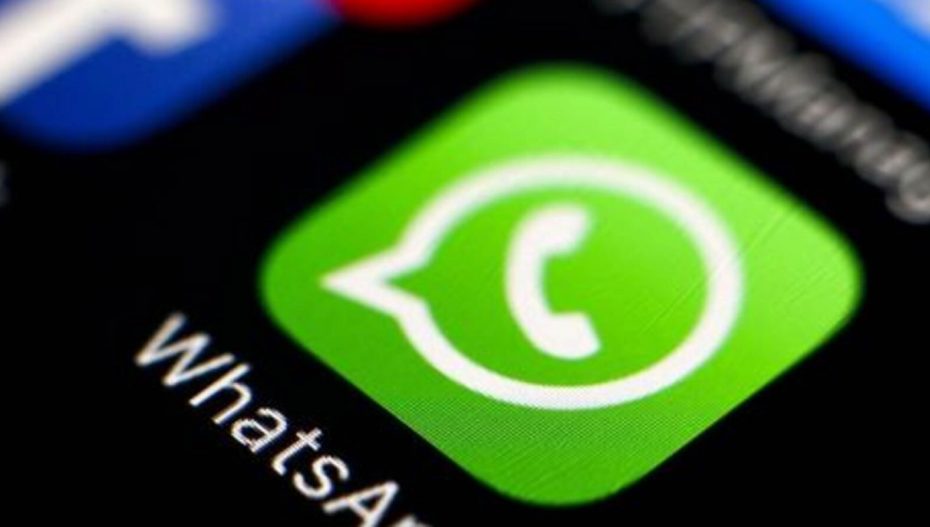How secured are your messages, or how private are your WhatsApp chats, Pegasus spyware has put a question mark on a commoner’s right to privacy. The Israeli spyware is apparently used so frequently by various governments across the world that almost every few months there are reports of how a phone was hacked using it. Earlier in 2019, WhatsApp users including journalists and activist received messages from WhatsApp telling them that Pegasus compromised their phones.
India is WhatsApp’s largest market with 390.1 monthly active users and growing at the rate of +16.6% (in 2020). The security issues on WhatsApp has been a recurring affair, even prior to the Pegasus spyware, users have been targets of cyber-crime centred around WhatsApp Web.
In the recent leaked database of thousands of telephone numbers listed by multiple government clients of an Israeli surveillance technology firm includes 300 verified Indian mobile telephone numbers, including those of opposition leaders, journalists, legal community, businessmen, government officials and others. This established the frightened extend to which government used surveillance tools in ways that had nothing to do with national security.
The presence of a number in the database indicates its likely selection as a target for surveillance but whether a phone was actually hacked and infected can be established through forensic examination.
The ways to keep your chats safe is to encrypt your chat backups on Android for beta. Once encrypted none can access the messages not even WhatsApp; just the sender and the receiver.
iPhone or Android, this targets both?
The spyware developed by NSO Group, Israel specialises in what experts call cyber weapons. It first came to the limelight in 2016, when an Arab activist got suspicious after receiving a shady message. It was believed that Pegasus was targeting iPhone users. Several days after its discovery Apple released an updated version of iOS, which reportedly patched the security loophole that Pegasus was using to hack phones. But in 2017 security researchers found that Pegasus was equally capable of infecting Android phones. Later, WhatsApp told the affected Indian users about it through a message.
If this makes you worried, wait, brace yourself. The expense of doing digital surveillance is 50 Lakh per user plus the extra charges levied on the government. The digital surveillance by international government is an expensive affair and that’s the only reason we can continue chatting with our loved ones on WhatsApp and be rest assured, you are safe!
Key stats about Whatsapp
- India has the most WhatsApp monthly active users (390.1 million).
- Growing markets for WhatsApp in 2020 include: India (+16.6%), France (+16.6%), Indonesia (+15.1%).
- WhatsApp has 2 billion active users worldwide.
- More than 100 billion messages are sent each day on WhatsApp.
- The average WhatsApp user on Android spends 38 minutes per day on the app.













